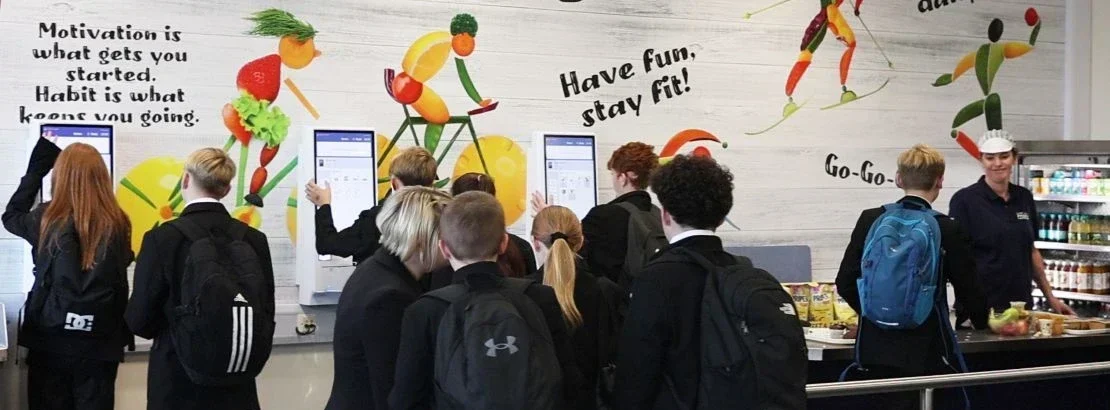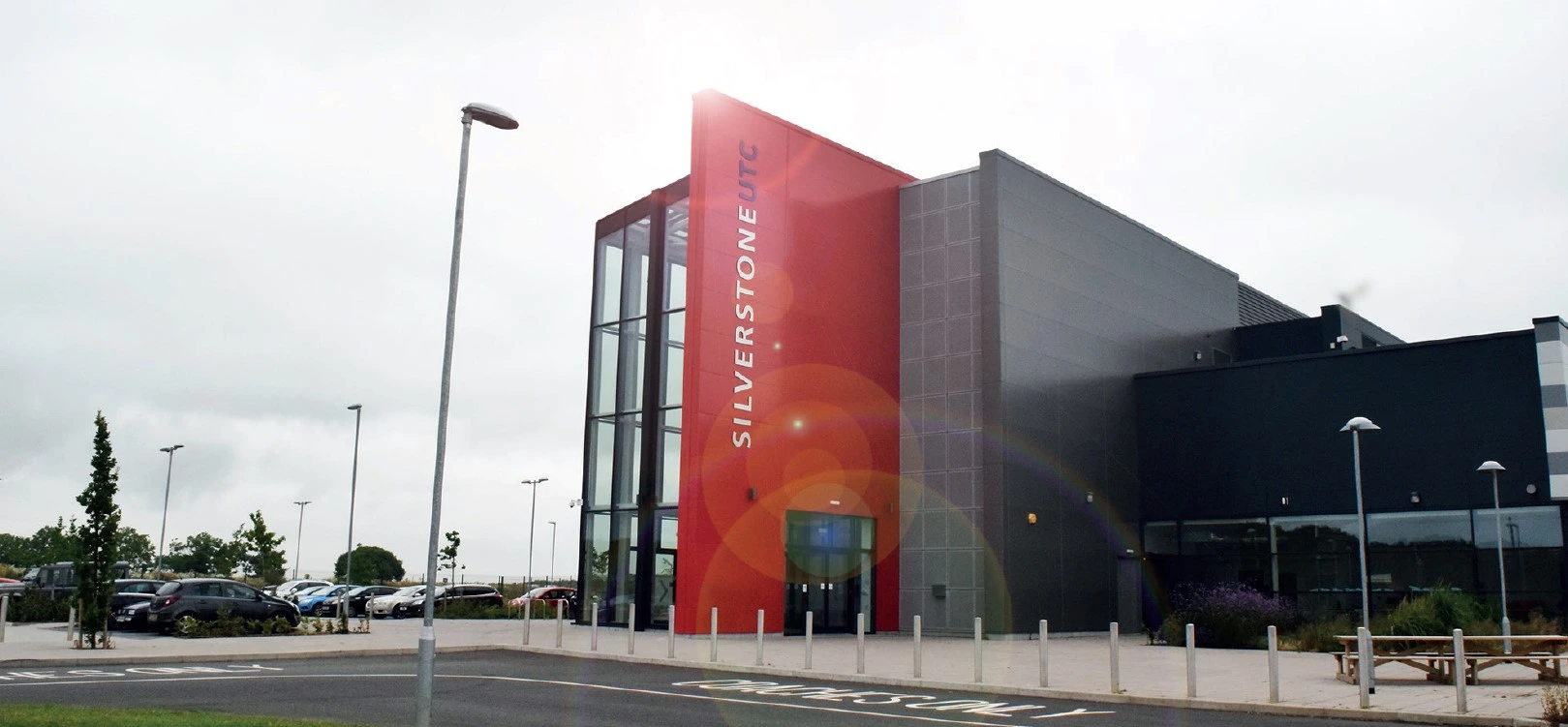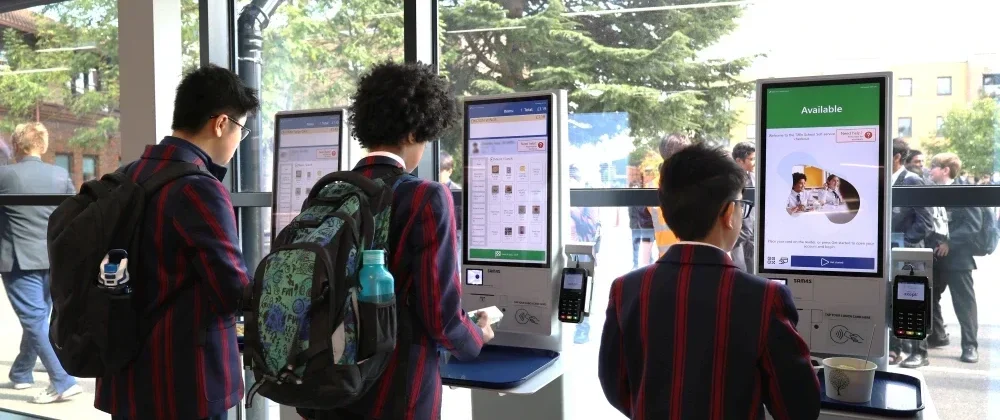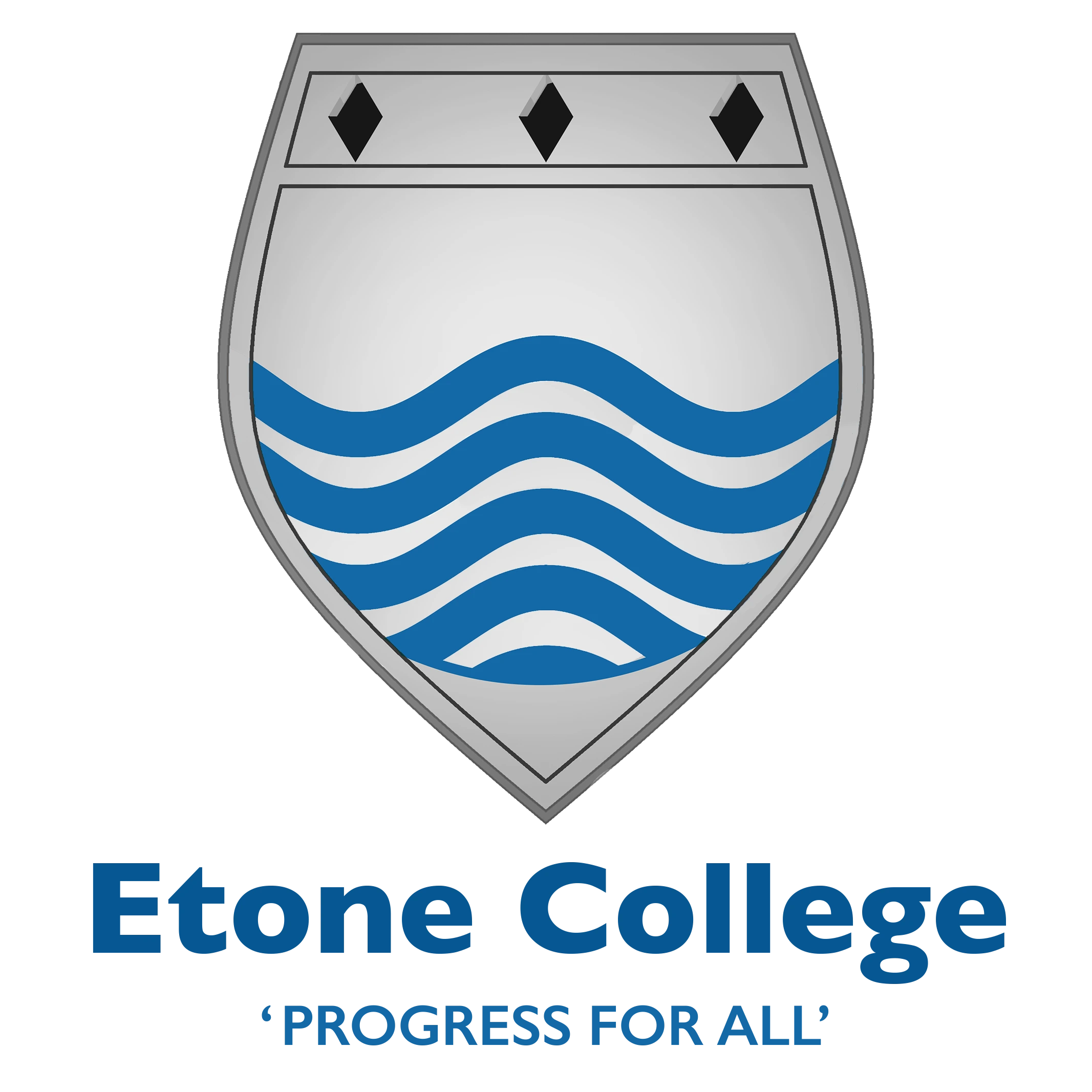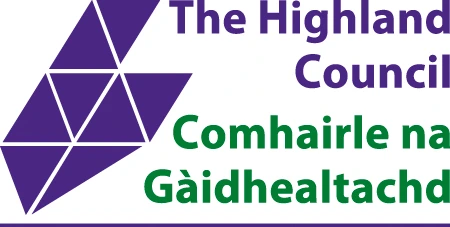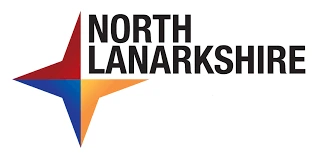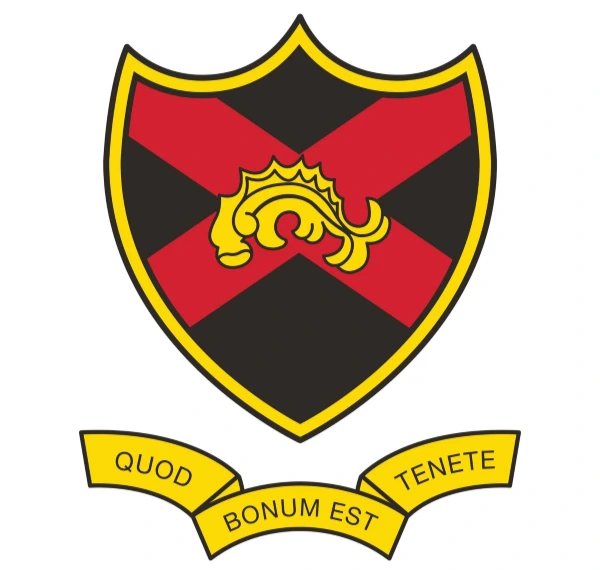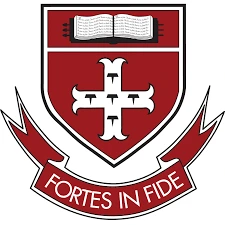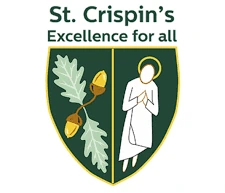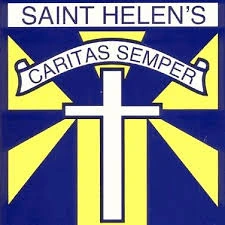Highland Council introduced its original ‘smart card’ system in 1994, using hardware provided by a local business and a dedicated Highland Council smartcard. The system was then rolled out to most high schools.
The council wanted to modernise and speed up lunch service across its schools, reduce queuing time, and provide anonymity for free school meal pupils. The council recognised that since this operation utilised cash and cards, it needed to improve and modernise the current system to a cashless process at the point of sale.
Installing the cashless system
Highland Council’s corporate plan proposed introducing a ‘single card’ for pupils, enabling access to discounts including leisure, library, and school meals. The council developed a project plan to upgrade each high school on a rolling programme; the new system would be compatible with the National Entitlement Card (NEC).
Highland Council submitted a business case to the Programme Board governing ICT, which was approved. The Council’s ICT service was outsourced to Fujitsu, with whom they decided to procure an appropriate system. Fujitsu recommended CRB Cunninghams as the preferred supplier.
Whilst the project was explicitly aimed at the secondary school sector, works to introduce the system to primary schools were also included in any new primary school specification.
The new system was installed in twenty-seven secondary schools across the authority. Payments are made using revaluation units, utilising the National Entitlement Card (NEC) and PINs. Some schools provide ‘cash drawers’ for visitors during the school day, and pupils must use the cashless operation at all times.
The 17 primary schools operating CRB Cunninghams’ cashless catering solution utilise the following systems:
- Two schools with tills at point of sale
- Three schools with an interactive smartboard in the classrooms using the netbook as a server
- The remaining primary schools use a pre-order system, utilising netbooks
Enhancements to the original project also included Pre-Order Kiosks, which pupils can use to order their meals via an interactive screen. This system sped up the checkout process and reduced queues, proving very popular with pupils.
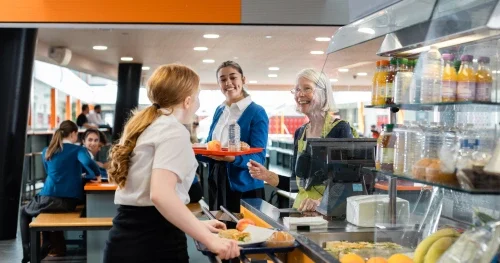
Marketing & Promotion
The Highland Council project team undertook a focused consultation process, liaising with all relevant parties involved in the successful roll-out of the cashless catering system.
Presentations were made to pupils and staff in each school before the installation. During induction days, all P7s are introduced to the cashless operation in senior schools as part of their transition to high school.
Project Management
CRB Cunninghams was involved with the project from the start, with regular meetings between service management, CRBC representatives, and ICT, enhancing the working relationships between service management and supplier.
“It was imperative that CRB Cunninghams be involved pre- and post-installation and be available to provide advice and guidance at all project stages. There was an excellent relationship between service management and CRB Cunninghams throughout the project. CRBC provided specialists to ‘thrash’ out the detail of complex operational issues”
– Service Manager at Highland Council
Centralised benefits for all schools
Since switching to a cashless catering system across its schools, Highland Council has reported the following benefits shared by staff and pupils:
- Standardisation of catering operations across the authority
- Opportunity to pre-order meals, reducing lunch queues
- A single card for multiple applications, i.e. leisure, school meals use
- Incentives for pupils who use National Entitlement Card (NEC), i.e. discounts and reward points
- A central server, improving data access and management
- Centralised menu management and performance management reporting

Future Developments
Highland Council continues to develop and improve on the initial installation and plan to do this in the following areas:
- Extend online payment opportunities to all cashless schools, allowing them to accept online payments.
- Evaluate pre-order kiosks to increase the number of access points in secondary schools.
- Extend smartboards in line with the council plan to all primary schools.
- Install external catering units, such as a ‘snack shack’ linked to the cashless system.
Highland Council has expressed that they are delighted the project achieved and met objectives:
“CRBC provided excellent technical support, delivering training to staff and pupils. Post-installation CRBC also provided a responsive and supportive ‘help desk’ resource, available to all catering staff, offering a dial-in facility to council systems to resolve problems remotely.
“Given the distances across the Highland Council area, site visits are not the quickest way to remedy unit problems, making this an excellent service. However, site visits are always available if the remote access option does not achieve a resolution”
– Service Manager at Highland Council
Highland Council will continue to work closely with CRB Cunninghams to explore vital future developments and deliver a complete cashless catering operation to all council schools.


